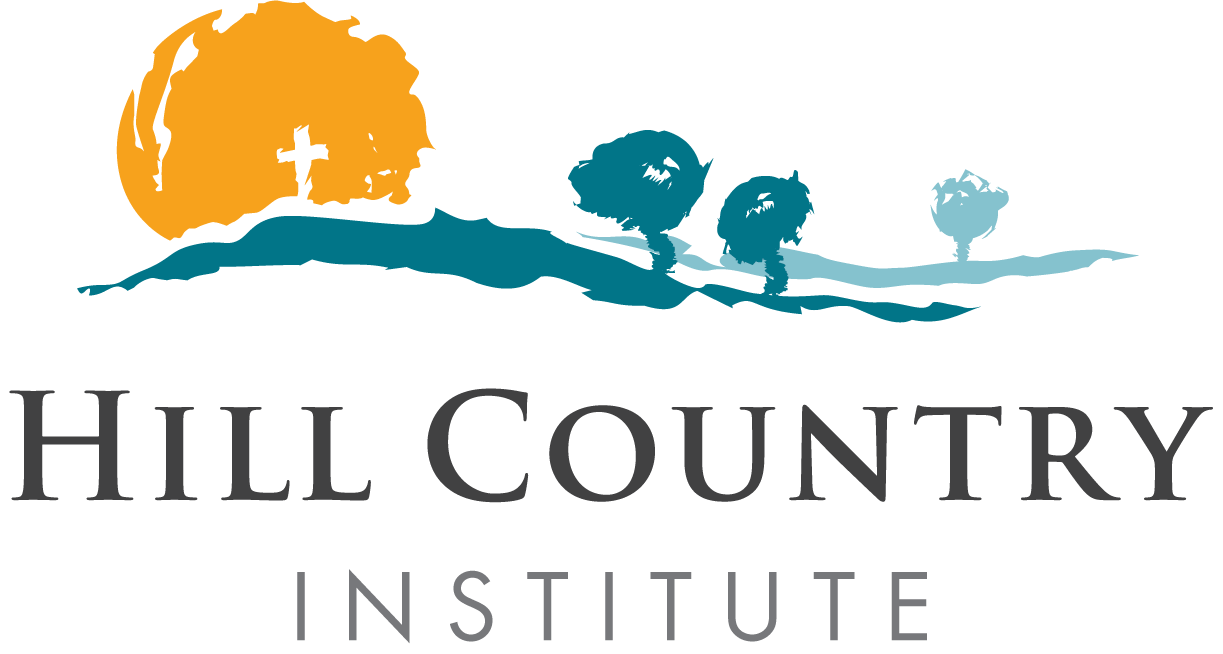"Anyone who considers arithmetical methods of producing random digits is, of course, in a state of sin." John von Neumann's famous dictum points an accusing finger at all who set their ordered minds to engender disorder. Despite the danger of being branded a heretic, Dembski wants to argue that randomness entails no moral deficiency. He even advocates that random number generators be constructed with reckless abandon, though a reckless abandon that is well thought out. Randomness, properly to be randomness, must leave nothing to chance. It must look like chance, like a child of the primeval chaos. But underneath a keen intelligence must be manipulating and calculating, taking advantage of this and that expedient so as systematically to concoct confusion.
Read MorePanel Moderator: Larry Coulter
Panelists: Tremper Longman, John Walton, Hugh Ross, Walter Kaiser, and Jack Collins
Read MorePanel Moderator: Andy Crouch
Panelists: Deborah Haarsma, Rob Norris, Dinesh D'Souza, Darrel Falk, Hugh Ross, Stephen Meyer
Read MoreWhen many Christians think of "science and faith," they immediately think of the Big Bang and Evolution. Yet there are many other areas of modern life where science impacts not only how we think about our faith but how we live it out, such as creation care. Deborah will discuss why it is important for local churches to address science in the life of their congregation and ways to celebrate the positive relationships between science and faith through Sunday school, preaching, and worship.
Read MoreChristian values are often absent or ridiculed in the free marketplace of ideas. How do we prepare the Body of Christ to speak into our culture in the area of science? How do the values of Christians translate in a secular environment when statements from science exceed what observation and experiment can verify and move into the realm of values and ultimate meaning?
Read MoreComplex Specified Information is intrinsically a part of the biological world. Such information in the biosphere is not significantly accrete by natural processes or random processes or any combination thereof operating upon it. This is a key example of the Law of the Conservation of Information. Its status and implications will be discussed and explored.
Read MoreAn anatomy of the identification and qualification of knowledge, discrepancy, and mystery in science and theology with a view to enhancing mutual fruitfulness and minimizing conflict.
Read MoreIntegrating Science and Faith for the spiritual lives of students.
Read MorePresented in a Q&A format, this breakout session offered an opportunity for further discussion of Hugh's plenary presentation entitled: Cosmic Reason: Did God Supernaturally Design the Universe for Man's Benefit?
Read MorePastoral perspectives on how to dialogue on controversial issues, such as faith and science, while honoring Christ and remaining faithful to scripture and orthodox Christian belief. Presented in a Q&A format, this breakout session offered an opportunity for further discussion of Ross's plenary presentation entitled: The "That" and the "How" of Creation: Foundations and Forward Motion for Pilgrims in Unity
Read MoreCreation, Design, Evolution. These words mean different things to different people, and they tend to provoke arguments. The issues they represent run close to some of our deepest questions: Does God exist? How does God relate to this universe? How did we get here? Who are we? Some people see these arguments about creation, design, and evolution as a conflict with just two sides: 1. Atheists on one side who try to use science to disprove religion, 2. Religious believers on the other side who reject the work of scientists. A good place to start in making sense of such debates is to remember that more than two options exist. Along with the two above, some of those other options will be discussed.
Read MoreThe question of the reliability of science in today's environment is considered. Questions to be considered include: 1) How does the pressure of obtaining funding impact the reliability of the scientific enterprise? And 2) How does political pressure work to impact reporting of scientific findings?
Read MoreRevelation of a testable, falsifiable, and predictive creation model that establishes the existence of the God of the Bible. Dr. Ross will discuss the origin and design of the universe and how to test a creation model against the current naturalistic model.
Read MoreRecently, several Thomists (Ed Feser, Frank Beckwith) have argued that St. Thomas Aqinas's Aristotelian philosophy is fundamentally at odds with the intelligent design movement, because Thomism conceives of God's design of the world as immanent to nature, and not based on a series of discrete interventions in a mostly autonomous material world. This attack is based both on a misunderstanding of the nature of an Aristotelian philosophy of biology and on a misconception of the fundamental issue that is at stake in the ID/Darwinian debate. Darwinists propose that chance plays an indispensable role in the formation of all living kinds. Thomists must utterly reject the notion that biological form could arise from chance processes.
Read MoreAn overview of approaches to interpreting the first three chapters of Genesis with application to the faith and science dialogue.
Read MoreChristianity and science are like neighbors who share a long, contested border. At stake in the way we relate to our scientific "neighbors" are matters of ultimate concern, including the credibility of Christianity and the flourishing of human beings as the image bearers of the world's Creator and Lord. Yet, precisely because of our faith, we are able to engage these significant issues with grace instead of legalism, hope instead of fear, and love for our neighbors, both in the secular world and within the diversity of the Christian community.
Read MoreAn examination of the structure, origin, and history of life from an Old Earth Creationist's perspective. The fundamental organization of life at a biochemical level, the discontinuities in the history of life associated with biological innovation, and the correspondence between the creation accounts and the record of nature indicate that the Creator is responsible for life.
Read More




















